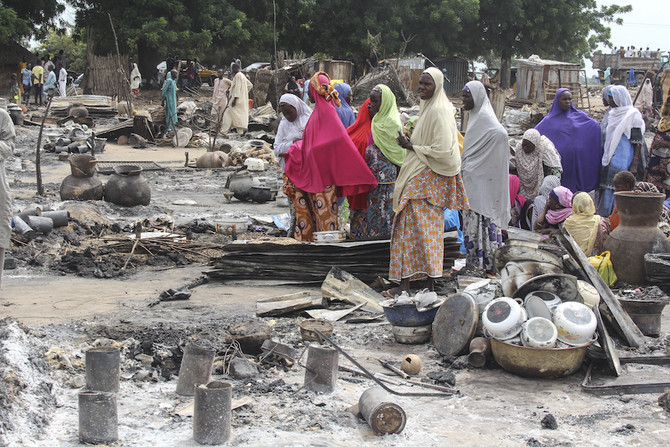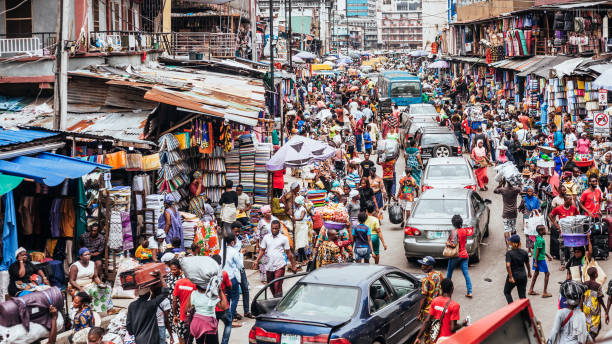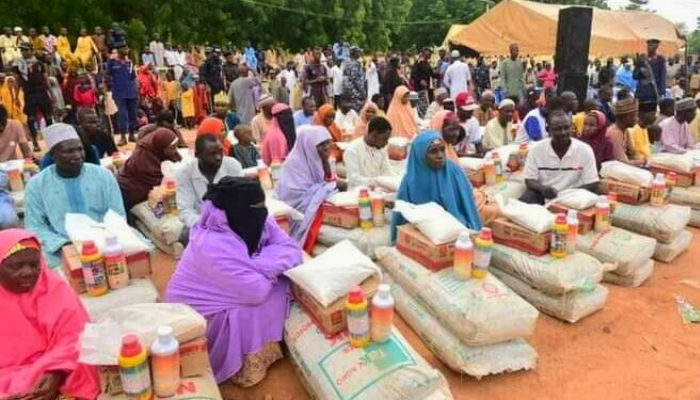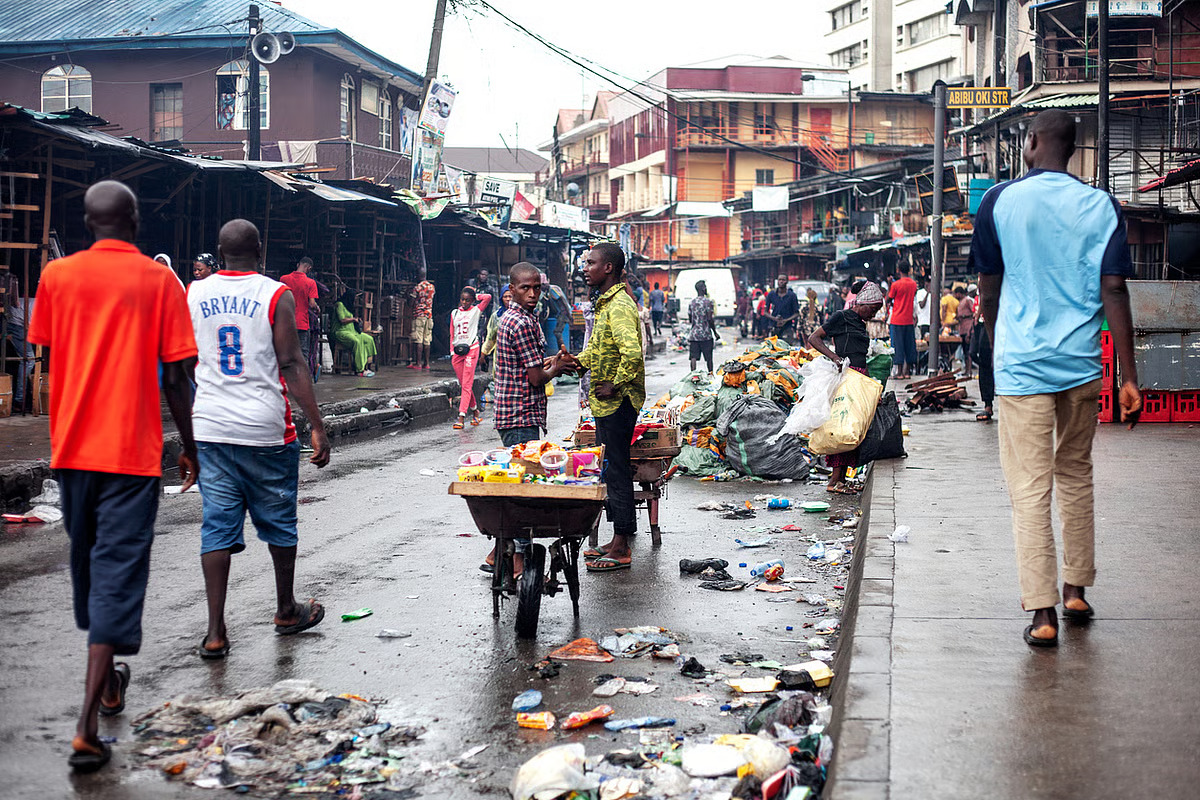- by Williams O.
- Jul 05, 2025
What the Elite Don’t Understand About Nigerian Poverty
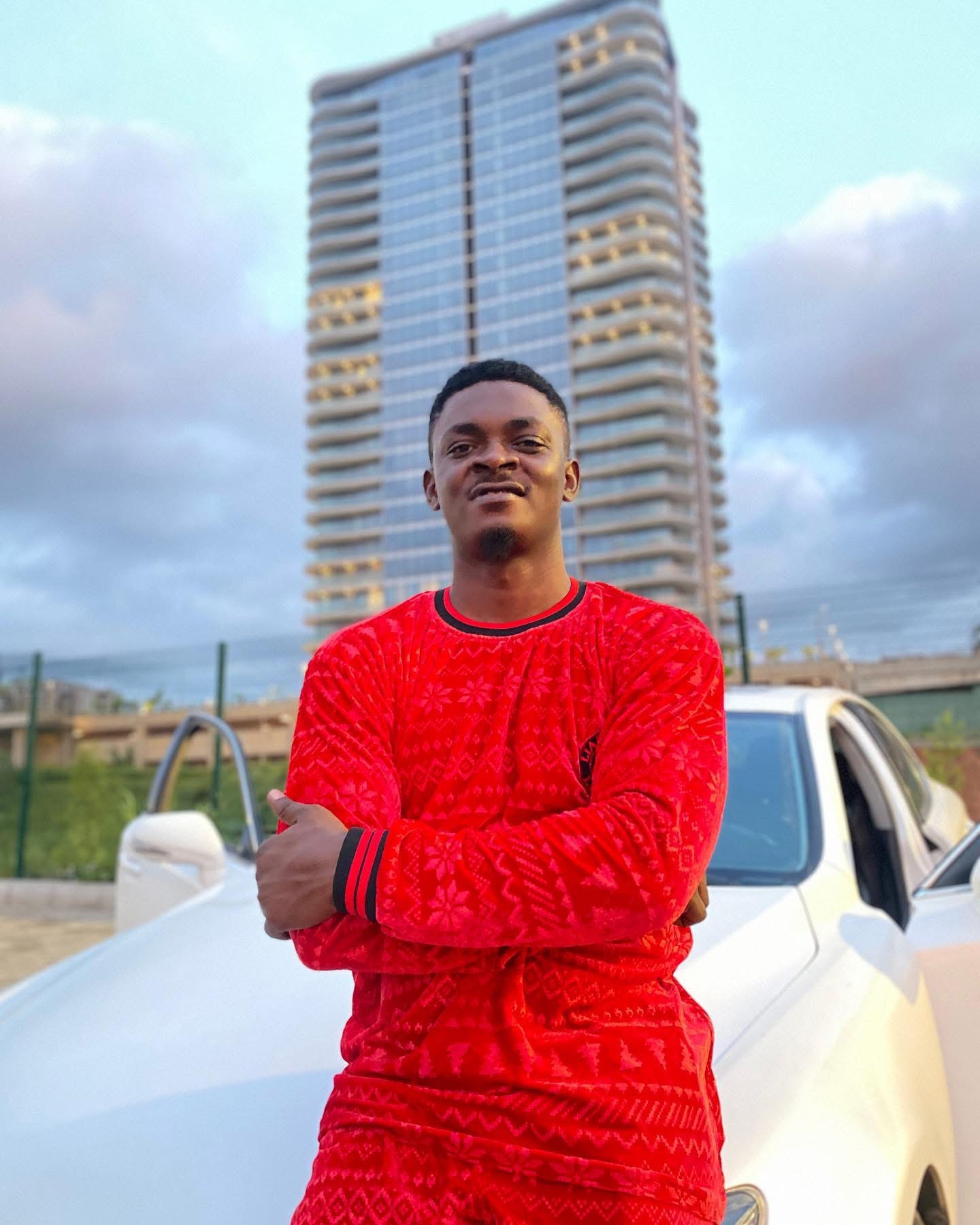
- By Williams O.
- • Thu, Jul 17 2025
- • in Solutions, Not Slogans
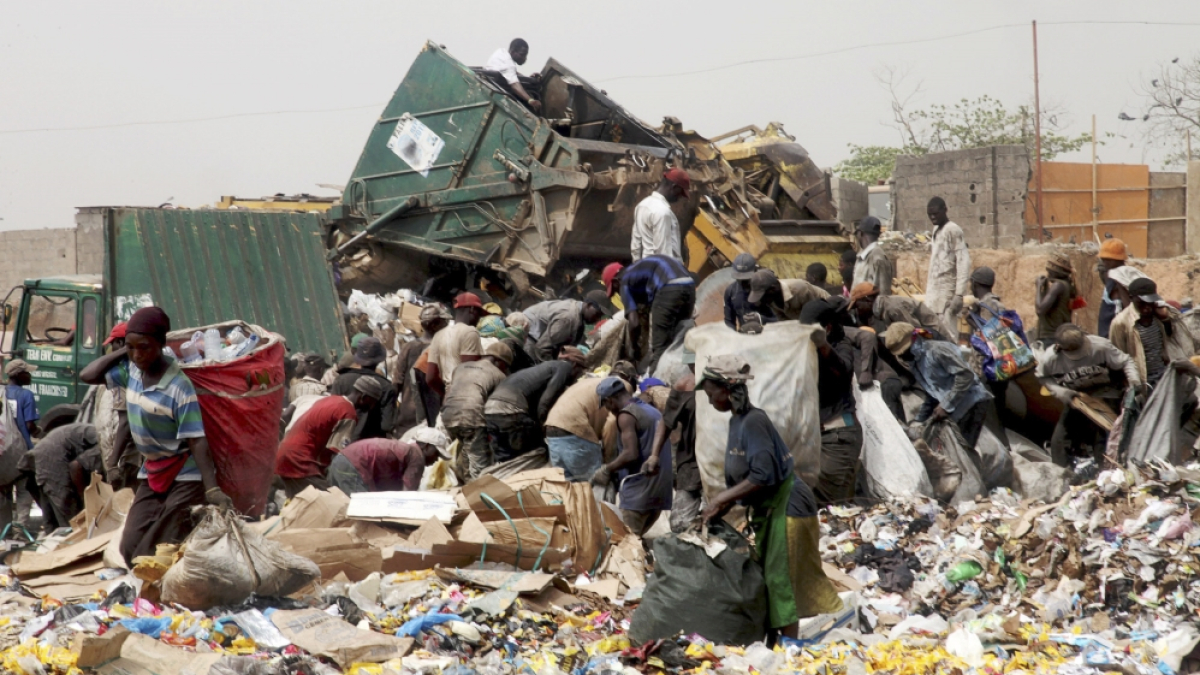
There is a wide road between wealth and poverty in Nigeria, not just in bank balances, but in understanding. From their air-conditioned SUVs, the elite preach “resilience” and “hustle,” but they don’t realize that for the average Nigerian, poverty is not a result of laziness, it’s a war of survival.
You can’t fix poverty when you’ve never lived it.
Williams O. Omodunefe
Let’s break down what the elite still don’t understand, and why their policies, interventions, and lectures often fail.
💼 1. Poverty Is Not Just “No Money”. It’s No Options
The average elite thinks poverty means “you don’t have cash right now.”
No, real poverty means:
You can’t fall sick, because you can’t afford the drugs
You can’t miss work, because you won’t eat
You can’t speak up, because no one is listening
It’s not just about cash flow, it’s about powerlessness.
When you’re poor in Nigeria, you are invisible.
🧠 2. “Mindset” Alone Cannot Feed People
We love telling the poor:
“Change your mindset.”
“Start a business.”
“Think positively.”
But mindset won’t replace fuel in a generator.
It won’t lower school fees.
It won’t erase an unfair system that rewards connection over competence.
Yes, mindset matters. But when your entire life is spent fighting to stay afloat, you don’t need pep talks, you need structural change.
🏛 3. They Don’t Understand That Systems Are Broken, Not People
Many elites believe poverty is a personal failure.
They forget:
You can graduate with first class and still be unemployed
You can work 12 hours a day and still be broke
You can farm for months and still be at the mercy of middlemen
The problem isn’t the poor, it’s the broken ladders.
And when opportunity becomes a luxury, hard work becomes punishment.
🥗 4. They Don’t Feel Inflation the Same Way
When a bag of rice rises from ₦45,000 to ₦70,000, the elite complain, but they still buy it.
For the poor:
It means cutting meals
It means skipping protein
It means borrowing just to feed children
They don’t scale back their lifestyle, they sacrifice survival.
🚧 5. They Think Every Poor Person Has “Wasted Their Life”
How often do we hear:
“He wasted his youth.”
“She didn’t hustle hard enough.”
What they don’t know is:
That woman has been selling akara since age 12
That man has worked construction for 30 years
That graduate has applied for 200 jobs with no response
It’s not lack of effort. It’s a country that rewards pedigree, not potential.
🧮 6. Poverty in Nigeria Is Punitive, Not Passive
In many countries, poverty means tight budgets.
In Nigeria, poverty means:
You pay more for bad roads with broken vehicles
You pay more for healthcare, because you don’t get early treatment
You pay more for electricity, through fuel and repair costs
You pay more for water, security, education, all things that should be public goods
The poor pay more for less.
They are punished for not being rich.
📢 7. Poverty Has a Voice. If You’ll Listen
Every okada rider, hawker, tailor, mechanic, teacher, or bus conductor has a story.
But elites only listen to data. They want PowerPoint presentations, not real voices.
"The elite say we must sacrifice for the nation. But we’ve been sacrificing since independence."
- Driver, Kubwa
Until policies are designed with the poor in the room, they will continue to be ineffective.
⚠️ Final Thought: If You’ve Never Lived It, Don’t Judge It
Poverty in Nigeria is not a lifestyle. It’s not a choice.
It’s not something you “pray your way out of” or “hustle out of” overnight.
It is a complex trap made worse by:
Corruption
Inequality
Broken public systems
Classist attitudes
Until the elite begin to listen, not lecture, share, not shame, empower, not preach, Nigeria will remain two countries:
One where people live.
One where people survive.
